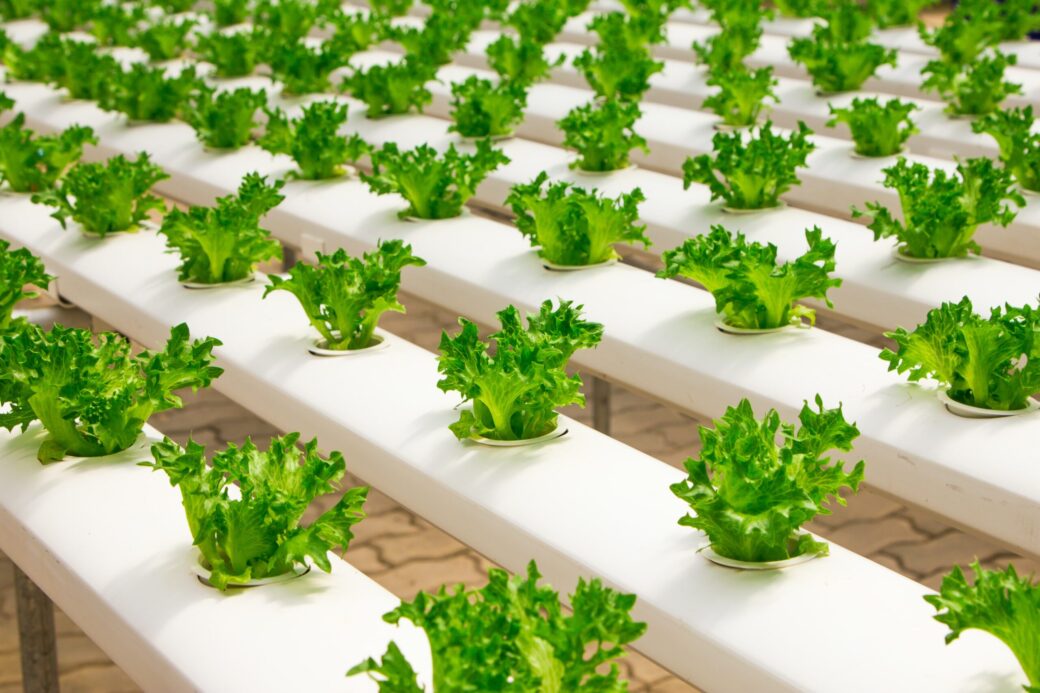When one thinks of crops, insurance, and risk, one may think of traditional crop insurance. The case of Three Rivers Hydroponics, LLC v. Florists’ Mutual Insurance Company,[1] decided by the United States District Court of the Western District of Pennsylvania in 2021, illustrates a “business package” insurance policy application to a fast-growing area of agriculture: hydroponic agriculture.[2]
In the Three Rivers Hydroponics case, the insured was engaged in the business of growing organic basil through a hydroponic ozone system.[3] The ozone system treated and disinfected water utilized for crop production.[4] On June 30, 2014, the ozone system caught fire, and the crop soon failed thereafter.[5] Eventually, the insured lost its business.[6]
The insured’s business package insurance policy in the case included an Equipment Breakdown Boiler and Machinery Coverage endorsement, in which the insurer agreed to pay for a loss caused by an “Accident” to “covered equipment.”[7] An “Accident” was defined in the policy as a “mechanical breakdown.”[8] Thus, the insured could only recover under the policy if the ozone system had a mechanical breakdown.
The insured contended that the ozone system failed due to an issue with the ORP controller.[9] Two engineering experts of the Defendant concluded that only the ozone generator sustained damage in the fire and that complete replacement of the system was unnecessary.[10] The insurer issued a payment for replacement of the ozone generator but denied the claim for mechanical breakdown.[11]
The insured filed a breach of contract claim as well as bad faith claim against the insurer.[12] In examining these claims, the Court noted that whether mechanical breakdown of the ozone system occurred is a “highly technical” matter.[13] However, the insured did not produce any expert testimony of an engineer who opined on whether a mechanical breakdown of the system occurred.[14] Thus, the Court found that the insured did not meet its burden to produce admissible evidence to establish a prima facie case that coverage existed and granted summary judgment to the insurer on the insured’s breach of contract claim.[15] In addition, the Court also granted summary judgment to the insurer on the insured’s bad faith claim as the Court found that the insurer “conducted a substantial, thorough, and timely investigation” as a matter of law.[16]
The Three Rivers Hydroponics case exemplifies a sometimes overlooked area in agricultural law – the significance of expert testimony in cases involving more technical matters.
Nothing in this article is intended to create an attorney-client relationship and does not constitute legal advice.
[1] See Three Rivers Hydroponics, LLC v. Florists’ Mutual Insurance Company, No. 2:15-cv-00809, 2021 WL 6133304 (W.D. Pa. Dec. 29, 2021).
[2] See Hydroponics, United States Department of Agriculture National Agriculture Library (2022), available at: https://www.nal.usda.gov/farms-and-agricultural-production-systems/hydroponics
[3] See Three Rivers Hydroponics, LLC V. Florists’ Mutual Insurance Company, 2021 WL 6133304 at *1.
[4] Id.
[5] Id.
[6] Id.
[7] Id. at *2.
[8] Id. at *2.
[9] Id. at *3.
[10] Id. at *3-7.
[11] Id. at *7.
[12] Id. at *1.
[13] Id. at *10.
[14] Id. at *10.
[15] Id. at *15.
[16] Id. at *16.
Marzen, Chad. “Hydroponic Agriculture and Insurance Coverage.” Southern Ag Today 3(1.5). January 6, 2023. Permalink

